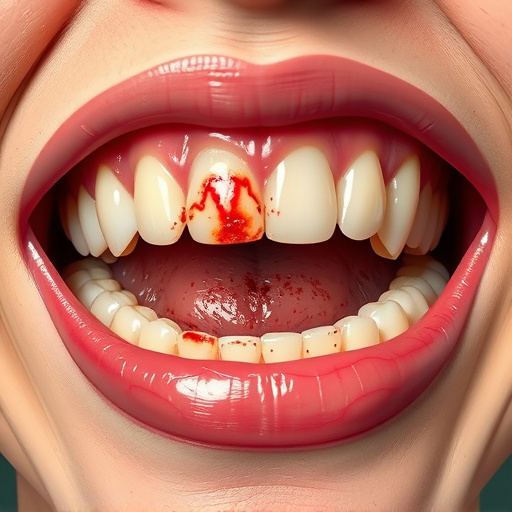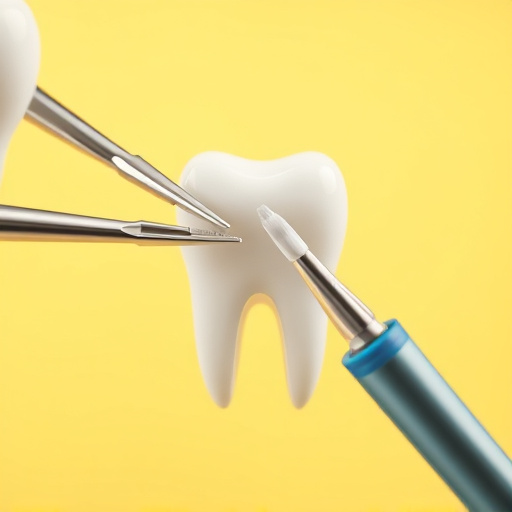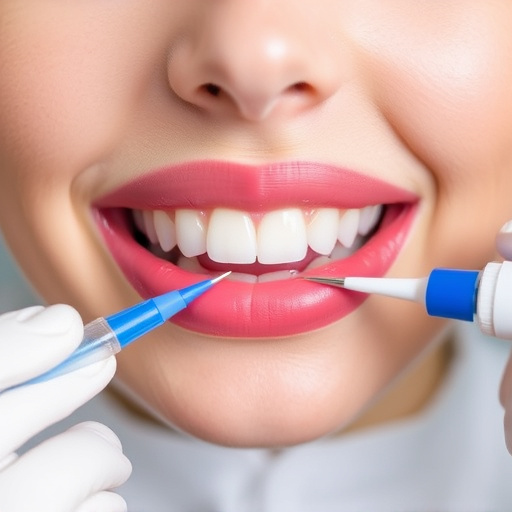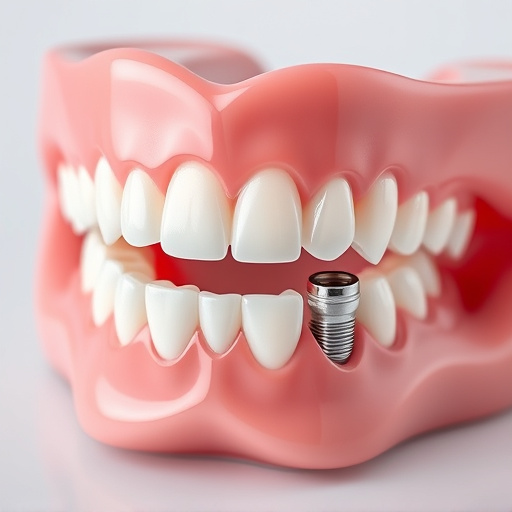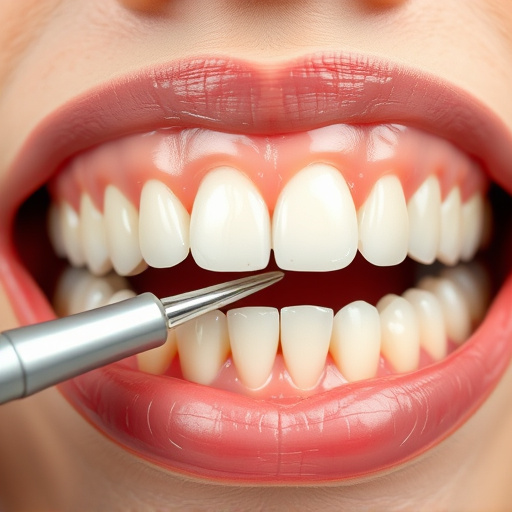Understanding and budgeting for dental care costs is key to accessing affordable dental care. By evaluating income, tracking expenses, and prioritizing oral health, individuals can allocate funds effectively. Preventative measures like regular cleanings and simple at-home habits significantly reduce dental bills. Exploring economical alternatives like children's dentistry or clear aligners further aids affordability. Regular dental visits and leveraging payment plans make quality oral care accessible while saving future costs.
“Looking to navigate the costs of dental care without breaking the bank? Understanding and managing your dental expenses is crucial for maintaining optimal oral health without financial strain. This article equips you with essential strategies to budget for affordable dental care, offering insights on expected costs, practical budgeting tips, and cost-saving tricks. By implementing these steps, folks can prioritize their dental well-being without compromising their finances.”
- Understanding Dental Care Costs: What to Expect
- Strategies for Creating an Affordable Budget
- Maintaining Oral Health on a Budget: Tips and Tricks
Understanding Dental Care Costs: What to Expect

Understanding Dental Care Costs: What to Expect
When it comes to affordable dental care, knowing what to expect in terms of costs is a crucial first step. Dental procedures vary widely in price, depending on their complexity and the materials used. For instance, routine check-ups and cleanings are generally more affordable, whereas major treatments like tooth extractions or dental bonding can be significantly pricier. It’s important to remember that these costs don’t always align with the perceived necessity of a procedure; therefore, seeking advice from your dentist about the best options for your budget is vital.
When considering affordable dental care, emerging treatments like clear aligners offer an alternative to traditional braces, often at a lower cost. However, it’s essential to weigh these options against other procedures that might be more suitable for your specific needs. By understanding these dynamics, you can make informed decisions and manage your dental care expenses effectively, ensuring access to the care you need without breaking the bank.
Strategies for Creating an Affordable Budget
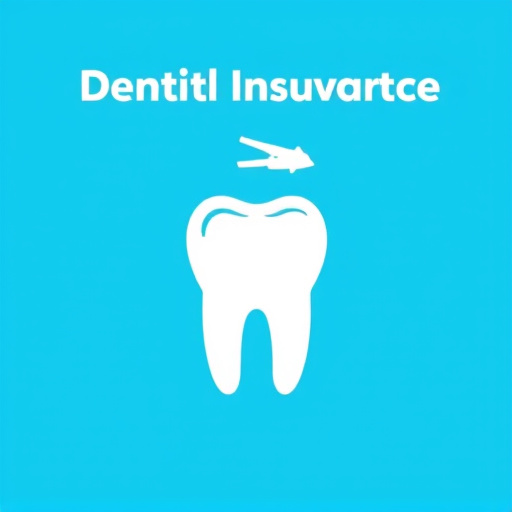
Creating a budget for affordable dental care starts with understanding your financial situation and prioritizing your oral health expenses. The first step is to track your current spending. List all income sources and existing monthly expenses, including fixed costs like rent or mortgage and variable costs such as groceries and entertainment. Once you have a clear overview of your finances, allocate a reasonable amount for dental care, treating it like any other essential expense. Remember, affordable dental care is not just about minimizing costs; it’s about finding the right balance between saving money and maintaining good oral hygiene.
Consider strategies to reduce costs without compromising quality of care. For example, schedule regular teeth cleanings and check-ups with your dentist, as preventative measures can be more cost-effective than restorative treatments. If financial constraints are a concern, explore options for children’s dentistry or dental bonding, which often present more economical alternatives for various procedures compared to extensive dental work. Prioritizing regular dental visits and choosing suitable treatments tailored to your budget will contribute to long-term affordable dental care.
Maintaining Oral Health on a Budget: Tips and Tricks

Maintaining good oral health doesn’t have to be expensive. On a budget? Here are some tips and tricks to keep your smile healthy without breaking the bank. Start by adopting simple habits like brushing twice daily with fluoride toothpaste, flossing once a day, and using mouthwash to reduce plaque buildup. Regular check-ups and cleanings are crucial for affordable dental care; visit your dentist every six months for a thorough examination and professional cleaning. This prevents minor issues from becoming major, costly problems down the line.
Additionally, be mindful of your diet. Cut back on sugary snacks and drinks that contribute to tooth decay. Instead, opt for water, cheese, or fruits as healthy alternatives. If you need restorative dentistry like dental fillings or wisdom tooth removal, many dentists offer payment plans or work with insurance providers to make these procedures more affordable. Remember, investing in your oral health now can save you significant expenses in the future.
Affordable dental care is achievable with thoughtful planning. By understanding your dental care costs, creating a realistic budget, and adopting good oral health habits, you can maintain a healthy smile without breaking the bank. Remember, regular check-ups, preventive care, and staying informed about treatment options are key to keeping dental expenses manageable. With these strategies in place, you can enjoy peace of mind knowing that your oral health is protected, all while keeping your financial goals on track.


